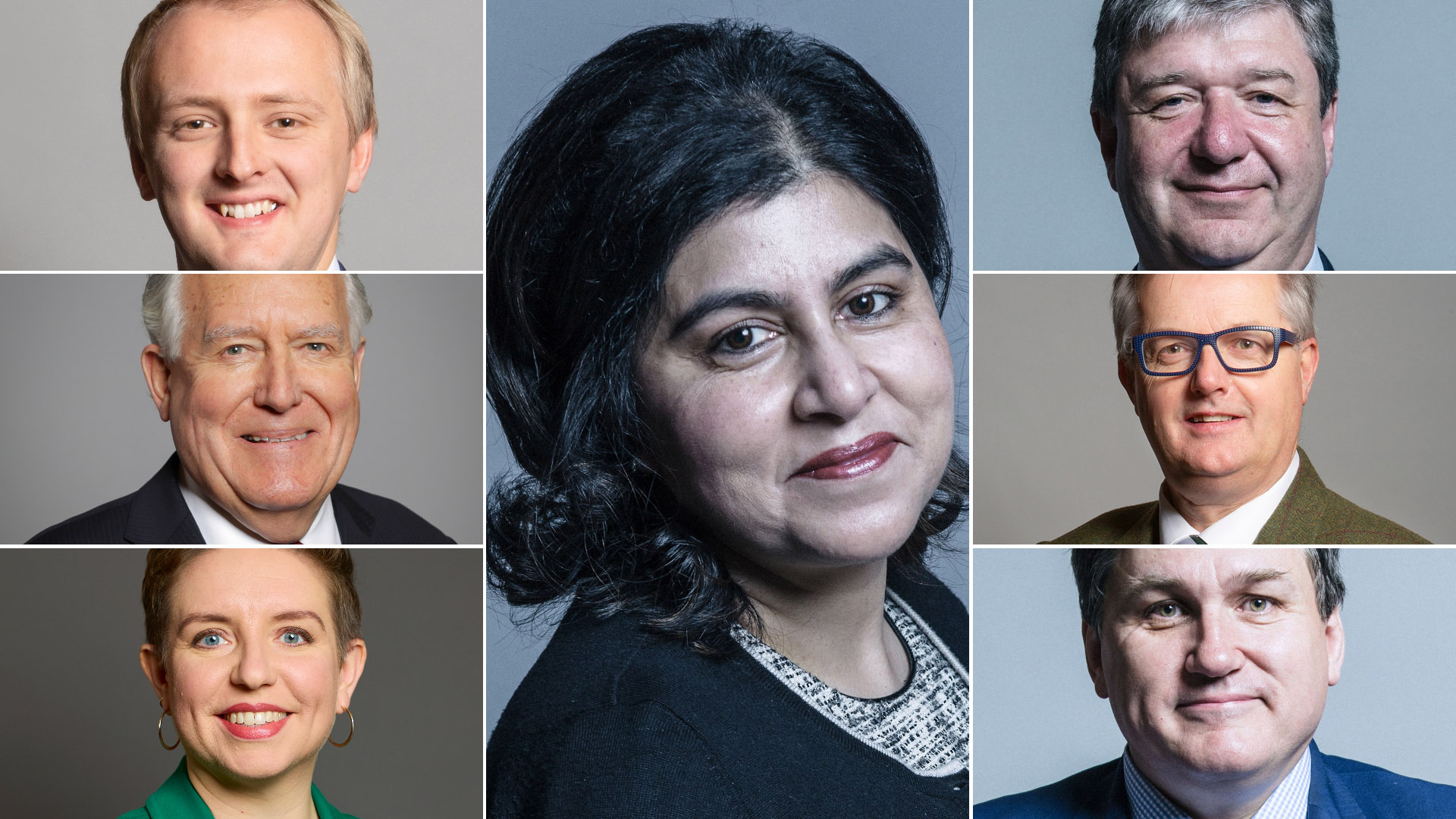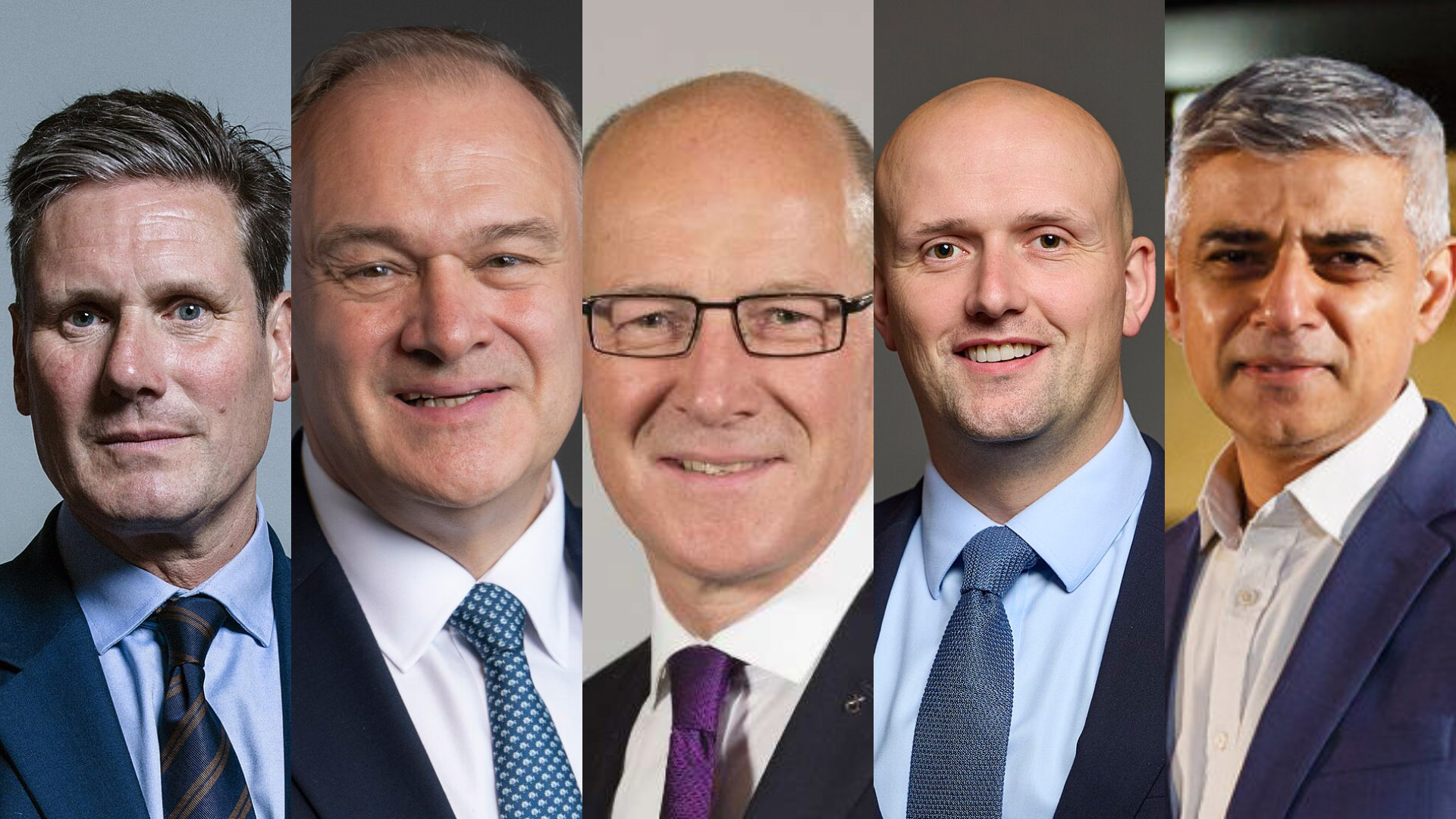
A pressing yet largely overlooked banking crisis is unfolding in the UK, carrying far-reaching humanitarian consequences. While last year’s headlines focused on high-profile cases like Nigel Farage’s debanking saga, a deeper, far more insidious issue threatens the very lifeline of humanitarian aid—the abrupt and unexplained closure of bank accounts for Muslim charities.
While Farage’s case ignited widespread public scrutiny and political fallout—including the resignation of NatWest’s CEO and a senior executive—the debanking crisis confronting Muslim charities has endured unabated for over two decades, with no consequences. A recent report by the Muslim Charities Forum (MCF) has laid bare the severity of this crisis, revealing how these organizations are systematically undermined, jeopardizing their ability to deliver critical aid to conflict zones and vulnerable populations.
The report’s findings are deeply alarming, exposing a stark and unsettling reality for Muslim charities. Among the 19 charities that defied stigma to participate in the survey, nearly 70% faced severe barriers when merely attempting to open bank accounts, while over 40% suffered sudden closures—without warning, justification, or recourse. This has led to significant delays in transferring funds, disrupting life-saving work. Charities supporting Syrian refugees, medical personnel in conflict zones, and even shelters for vulnerable people have been hit hardest by these banking restrictions.
The consequences are not just bureaucratic but life-threatening, from delayed medical care to the risk of eviction for those who rely on charity-run shelters.
This issue transcends disruptions experienced by individual organizations; it highlights a pervasive pattern of discrimination. Muslim-led charities, which play a crucial role in UK philanthropy, are disproportionately affected by what is increasingly recognized as systemic Islamophobia.
The report identifies several contributing factors, including the association of many Muslim organizations with conflict-prone regions and heightened security concerns, which exacerbate their vulnerability to debanking. The rationale provided by banks—compliance with financial regulations—often conceals what appears to be an ingrained bias within the financial system. Tragically, these charities face more intense scrutiny than their non-Muslim counterparts, even in the absence of any evidence of wrongdoing.
Muslim charities are not peripheral entities; they are vital pillars of the UK’s charitable sector.
British Muslims, the country’s most generous group, contribute more to charity than any other faith, donating an average of £708 annually—more than four times the national average of £165. This generosity extends beyond national borders, with 85% of Muslim donors supporting international causes, far surpassing the 48% national average. Yet, despite these remarkable contributions, many Muslim-led charities are denied basic banking services, severely hindering their ability to deliver critical humanitarian aid.
Banks, for their part, maintain that their decisions are strictly regulatory, not discriminatory, while the banking lobby group UK Finance argues that account closures comply with financial crime laws. Yet this justification is increasingly unconvincing. If regulatory measures are being weaponized to disproportionately target Muslim charities, the issue goes beyond mere compliance—it reveals a systemic failure that demands urgent scrutiny and comprehensive reform.
The lack of a legal right to banking services in the UK exacerbates the issue, leaving charities unable to sustain their operations. The government’s response has been equally weak. Despite promises of reform, successive administrations have failed to act decisively, leaving Muslim charities in a state of uncertainty. The Treasury’s commitment remains lukewarm, and the refusal to grant charities legal access to banking services is a critical oversight. Without clear protections, these organizations will remain vulnerable to financial exclusion.
To resolve this issue, swift and decisive action is essential. The Financial Conduct Authority (FCA) has acknowledged the problem and engaged with the sector, but as the MCF points out, such engagement must translate into meaningful change. Concrete steps are needed to prevent charities from being penalized for the perceived risks associated with their work. This includes establishing legal protections for charities, improving communication between financial institutions and charities, and reforming the regulatory framework to better balance financial crime prevention with the need to support charities in their life-saving missions.
At its core, the MCF’s report highlights an urgent need for fairness. Muslim charities are not asking for special treatment; they are simply asking for equal treatment. These organizations play a critical role in alleviating human suffering, and the UK must ensure they can continue their vital work without fear of financial exclusion.
The government, financial institutions, and regulators must act swiftly to resolve this crisis and safeguard the integrity of the UK’s charitable sector. Anything less would undermine the essential humanitarian work these charities provide to some of the world’s most vulnerable populations.
UK Muslim charities face discriminatory debanking crisis, report warns of humanitarian fallout

